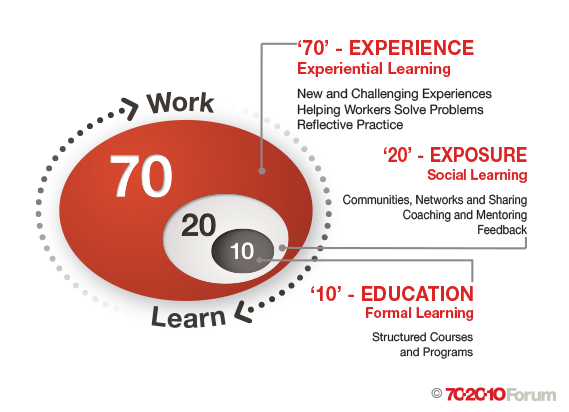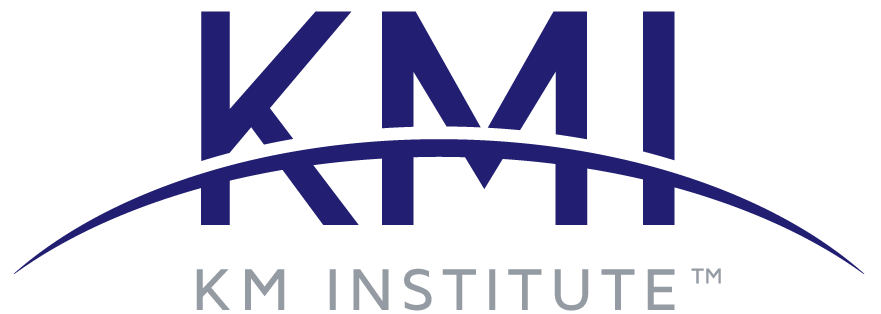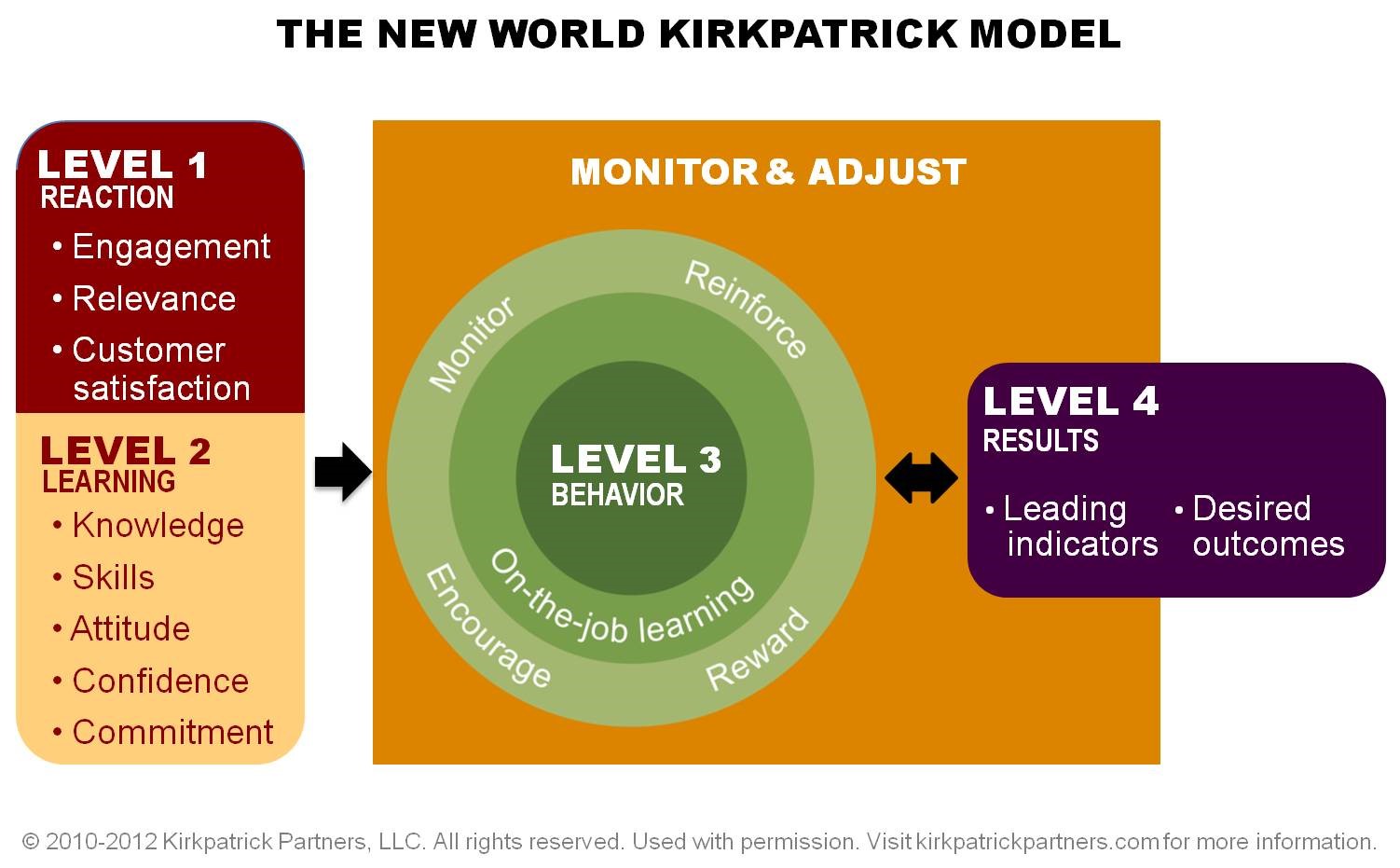FAQ & Further Information
Overview
The program aims to share best practices being adopted to capture, document and share tacit knowledge that is required from time to time. The session will cover many examples of how such knowledge that is normally hidden becomes readily available to those that need it most. A series of role plays will be conducted so that participants internalize the fundamental requirements for insightful questioning and reflective listening required to unplug tacit knowledge.
Terminal Objective
Able to engage in insightful questioning and reflective listening to unplug tacit knowledge from subject matter experts. They will uncover insights required for the development of expertise needed to improve organizational performance
Key course outcomes
- Define underlying basis for unplugging tacit knowledge;
- Establish the right environment for interaction with people with experience and subject matter experts who possess the required tacit knowledge;
- Recognize the relevance and benefits of selecting the right approach when interacting with subject matter experts, SME;
- Apply principles of insightful questioning and reflective listening during the interaction session;
- Summarize the “nuggets of wisdom” that have been uncovered during the interaction session.
Unplugging Tacit Knowledge Course Syllabus & Outline
|
Time |
Activity |
|
|
9.00 |
Introduction and Overview
|
|
|
9.05 |
Pre-Test |
|
|
9.15 |
Introduction to Tacit Knowledge Sharing
|
|
|
10.00 |
Overview on insightful questioning and reflective listening
|
|
|
10.30 |
TEA BREAK |
|
|
10.45 |
Identifying underlying basis for the interaction
|
|
|
11.30 |
Developing key focus for discussion plan Key considerations in developing the interviewee selection criteria
|
|
|
13.00 |
LUNCH |
|
|
14.00 |
Establishing the right environment for the session
|
|
|
15.30 |
TEA BREAK |
|
|
15.45 |
Benefits of asking the right questions |
|
|
16.30 |
Structuring the questions before session
|
|
|
17.30 |
Question and answer and wrap up for day 1 |
|
FAQ & Further Information
The 70:20:10 Model for Learning and Development has been found to be most effective within the training profession to describe the optimal sources of learning aimed at developing work based competencies. It holds that individuals obtain 70 percent of their knowledge from job-related experiences, 20 percent from interactions with others, and 10 percent from formal educational events.
Based on this model, we propose that the Unplugging Tacit Knowledge course be structured along similar lines. It is proposed that it is undertaken in stages. These stages will include awareness stage, appreciation stage and application stage.



